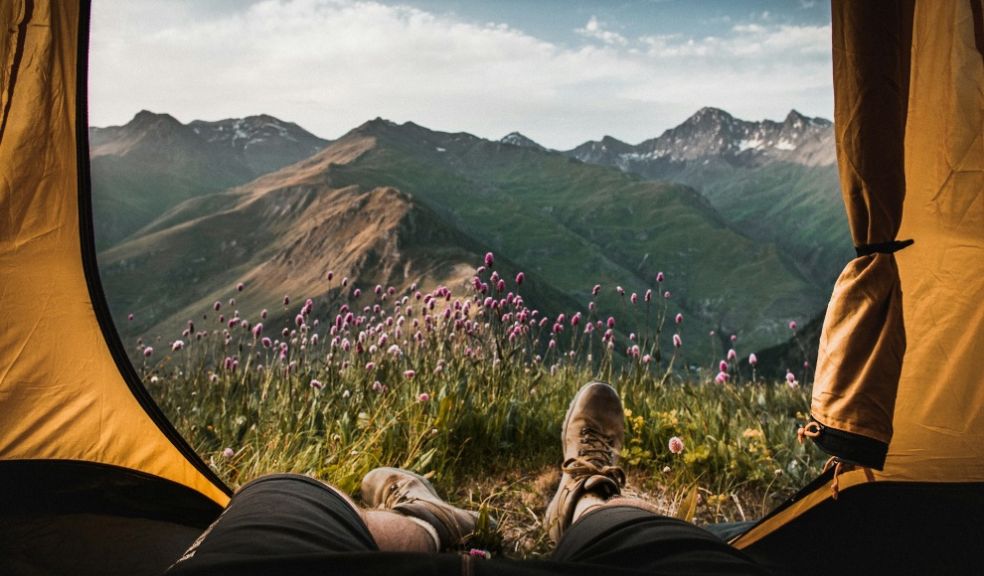
Safety considerations you should keep in mind while camping
Camping is one of the best experiences you can try, as it allows you to stay connected with nature and provides an escape from everyday worries. As a camper, you will find peace of mind and surely have a great experience you will remember for your whole life. But to be able to do so, you need to keep in mind the possible risks that you are exposed to while camping. In this article, we have prepared a few of the potential dangers that can be present in your camping journey, so keep reading to find out more.
The risks present at the campsite
Before you start packing for that long-waited gateway, you must consider some risks to ensure you always stay safe. So, the first thing to keep in mind is to make sure you camp in a safe environment, and depending on your location, you will need different preparation and gear. For example, your camping experience will be different if you are in a desert, a mountain, a forest, or near the ocean, so it is essential to do extended research to be prepared for the unique challenges that might arise.
Additionally, you need to remember to pitch your tent or park your car in a designated or safe area to avoid potential hazards. You must also look for clear signs of wildlife, as you surely don’t want to be visited by not-so-friendly animals.
Check the weather
Before you go camping, it is also essential to check the weather to ensure the road drive goes smoothly and come prepared at the campsite for whatever Mother Nature has prepared for you. You always need to be careful while driving when the conditions are not advisable, as many car accidents can happen in this scenario. Even if you might be able to claim compensation if the accident occurred because of another person’s negligence, you still need to be careful not to be in this situation.
Additionally, if you know the weather, you can bring suitable clothes and things. For example, for those areas with temperature swings, it is essential to pack something breathable for the hot part of the day, while for the cold times, you will need warm clothes and blankets, as only in this way will you not get caught at the mercy of the weather. You also need to be careful not to catch any temperature-related illnesses, like heat strokes, which are a huge possibility during sunny and hot climates, or hypothermia if you set your tent in cold conditions.
Moreover, the sun can be a problem during summer, so you must protect your skin from UV radiation as much as possible. This is why you will need sunscreen that must be reapplied constantly throughout the day and covered up with clothing articles that protect your body.
Pack food and water
Food and water safety techniques are essential when camping, especially if you are staying in a remote location. Regarding food, it would be a good idea to bring dry goods that last longer and keep all the food in airtight and well-sealed containers to keep pests away. If you can’t get any coolers, limiting the amount of raw food you eat will be better.
Water is also a vital element to remember while camping, as it is a critical component of human bodies. Humans must always stay hydrated, but drinking clean water while camping might be difficult. So, if you can’t bring enough water to last the whole trip, boil the water for 1-3 minutes or purify it with a purification tablet.
Bring maps and GPS
As some campers wish to camp in remote regions and not designated campsites, it is essential to always ensure to bring GPS and maps to always know where you are and where you want to go. For a large group camping together, it is a good idea to make a plan in case anyone gets lost from the group so that no one will panic and solve the situation as soon as possible.
Don’t forget about the first-aid gear
Dangerous scenarios can happen everywhere, but if you are in a town, you can easily call someone to help you, but this might not apply when you go camping. So, you will need to bring with you some essentials, including:
- Antiseptic wipes
- Wound coverings
- Blister treatment
- Pain-relief medications
- Antibacterial ointment
- Fine-point tweezers.
Wildlife safety
Wildlife also presents a major danger, especially wild animals, such as cougars, wolves, and bears, whom humans fear the most. So, it would be an excellent idea to have bear spray and keep all the food in special bear-proof containers not stored inside the tent. It is important to remember to refrain from feeding the animals, as they can get used to getting in contact with humans, which will pose a major problem. If you do that, a campsite can get infested with raccoons, as they have become used to contact with people, and large animals might need to be euthanized, as they will become a significant threat to humans.
But you also need to be careful with small creatures, such as ticks, mosquitos, and snakes, that can cause significant diseases and injuries.
Pay attention to plants
It will also be an excellent idea to research where you are going and find out all the plants you must avoid at all costs. In the wilderness, you will most likely encounter poison oak and poison ivy, which you should know how they look before to save an uncomfortable rash and tons of itching. Also, under no condition should you eat something that you are not sure what it is, including mushrooms and berries, even if they might look appetizing.
These are just a few of the safety tips you should remember, so always stay alert while camping.
















